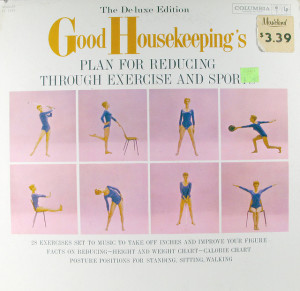Written by Dawn Rutan
Though I don’t make New Year’s resolutions, I thought I’d take a different approach this year. A few Scriptures came to mind last night with exhortations that I need to dwell on:
- “Rejoice always, pray without ceasing, give thanks in all circumstances; for this is the will of God in Christ Jesus for you” (1 Thessalonians 5:16-18 ESV).
- “Rejoice in hope, be patient in tribulation, be constant in prayer” (Romans 12:12).
- “Do not be anxious about anything, but in everything by prayer and supplication with thanksgiving let your requests be made known to God. And the peace of God, which surpasses all understanding, will guard your hearts and your minds in Christ Jesus. Finally, brothers, whatever is true, whatever is honorable, whatever is just, whatever is pure, whatever is lovely, whatever is commendable, if there is any excellence, if there is anything worthy of praise, think about these things” (Philippians 4:6-8).
These are admonitions we all need to practice more. But the reason I won’t call these resolutions is that I know I don’t have the resolve to carry them out. I expect to fail completely, probably every day. However, that doesn’t mean I’ll give up on them. If I were to resolve to eat better, I’d give up as soon as I looked at the stack of snacks in my kitchen. If I were to resolve to run a 10K this year, I’d give up when my endurance and motivation lagged.
On the other hand, if I find myself neglecting these exhortations, I have greater motivation to return to them. Who wouldn’t want to think about good things, or to trust God more fully with all the cares and concerns of life? There is no downside to practicing these “resolutions.” Unlike dieting, there’s no need to give up something enjoyable, unless of course you enjoy worry and fear.
I expect it will require an exercise of the will in order to train the brain to think in new ways. It’s easy to fall into the old habits of worrying, grumbling, and dwelling on the negative. And I know there are times when I won’t feel like rejoicing or giving thanks, but Paul didn’t say “Rejoice when you feel like it.” Sometimes feelings follow actions, and sometimes giving thanks is primarily an act of obedience. One thing I have tried to do in recent months is to include at least one expression of thanks or praise in my daily journal. If nothing else, I can be thankful for who God is.
There are plenty of other admonitions in Scripture that could be pursued as well. Looking back over the past year, I’d have to say the main focus of the year was Romans 6:12-14:
“Let not sin therefore reign in your mortal body, to make you obey its passions. Do not present your members to sin as instruments for unrighteousness, but present yourselves to God as those who have been brought from death to life, and your members to God as instruments for righteousness. For sin will have no dominion over you, since you are not under law but under grace.”
That wasn’t exactly my intention when I started the year, but that’s where God brought me out by His grace and mercy. I suppose that’s how the best resolutions work—not a mental decision to exercise self-control, but a covenant by grace to yield to God’s control and let Him do whatever He wants in your life. Not that there’s anything wrong with trying to be a better steward of your body, money, and possessions, but we know how quickly most resolutions fall by the wayside. And as Paul reminded Timothy, “Rather train yourself for godliness; for while bodily training is of some value, godliness is of value in every way, as it holds promise for the present life and also for the life to come” (1 Timothy 4:7-8).
So here’s how I’ll put it: This year, by the grace of God, I will more frequently rejoice, give thanks, pray, and dwell on the good things of life and eternity.



